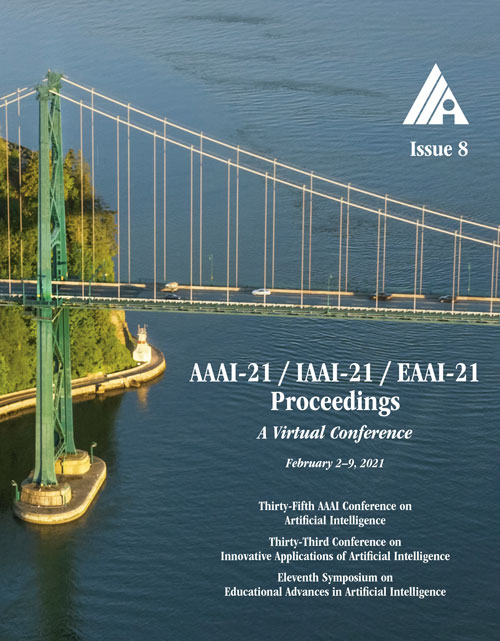Characterizing the Loss Landscape in Non-Negative Matrix Factorization
DOI:
https://doi.org/10.1609/aaai.v35i8.16836Keywords:
Matrix & Tensor MethodsAbstract
Non-negative matrix factorization (NMF) is a highly celebrated algorithm for matrix decomposition that guarantees non-negative factors. The underlying optimization problem is computationally intractable, yet in practice, gradient-descent-based methods often find good solutions. In this paper, we revisit the NMF optimization problem and analyze its loss landscape in non-worst-case settings. It has recently been observed that gradients in deep networks tend to point towards the final minimizer throughout the optimization procedure. We show that a similar property holds (with high probability) for NMF, provably in a non-worst case model with a planted solution, and empirically across an extensive suite of real-world NMF problems. Our analysis predicts that this property becomes more likely with growing number of parameters, and experiments suggest that a similar trend might also hold for deep neural networks---turning increasing dataset sizes and model sizes into a blessing from an optimization perspective.Downloads
Published
2021-05-18
How to Cite
Bjorck, J., Kabra, A., Weinberger, K. Q., & Gomes, C. (2021). Characterizing the Loss Landscape in Non-Negative Matrix Factorization. Proceedings of the AAAI Conference on Artificial Intelligence, 35(8), 6768-6776. https://doi.org/10.1609/aaai.v35i8.16836
Issue
Section
AAAI Technical Track on Machine Learning I

